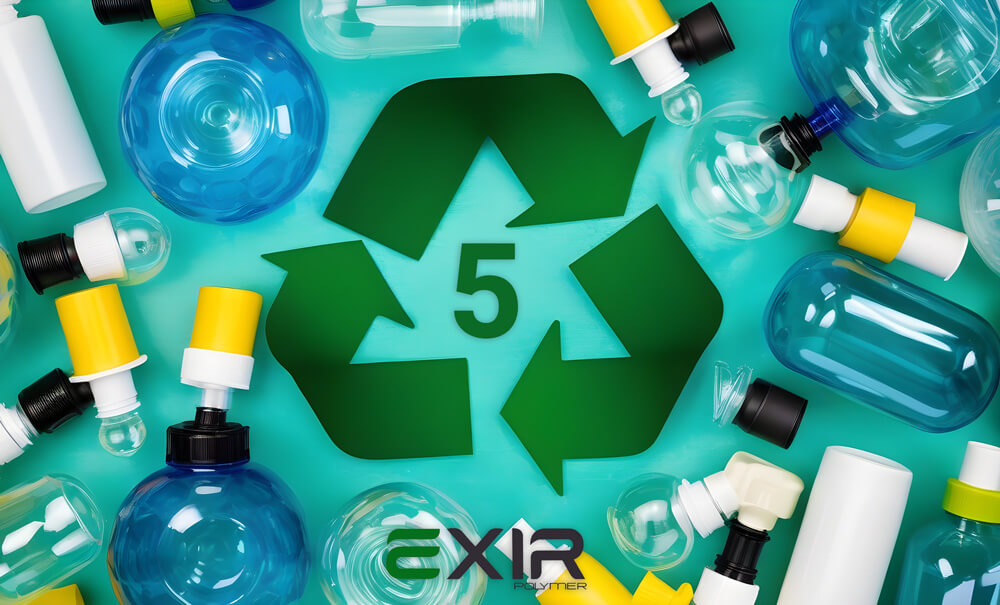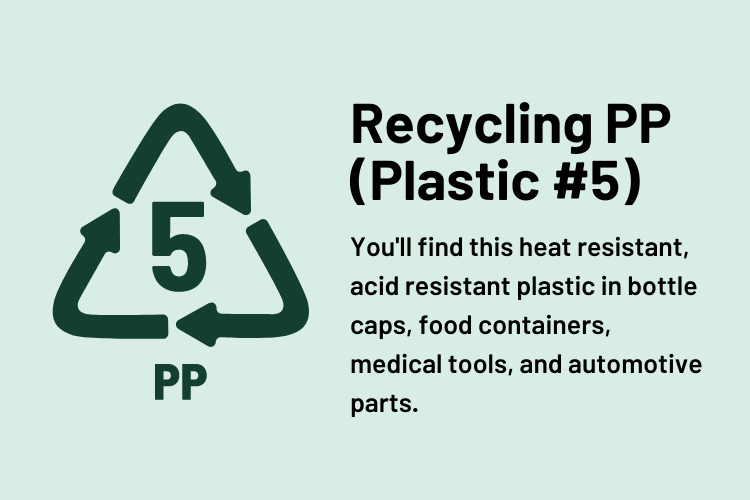How PP Recycling is Shaping a Greener Tomorrow
How PP Recycling is Shaping a Greener Tomorrow
Blog Article
As sustainability becomes a key focus global, the limelight is on how industries may minimize environmental impacts. Polypropylene (PP), one of the most typically applied parts, has gained significant interest due to its potential in the circular economy. With growing problems about plastic waste, PP recycle options are emerging as a promising avenue for reaching sustainability objectives and lowering environmental footprints.

Polypropylene is trusted across various industries, from presentation to automotive elements, because of its usefulness, power, and cost-effectiveness. However, the persistence of PP in landfills and oceans creates an important environmental challenge. Fortuitously, improvements in recycling systems are providing new options to sell PP more efficiently and effectively.
One of the very most significant developments in PP recycling may be the increase in technical recycling processes. Technical recycling involves breaking down plastic waste into small particles, which can then be reprocessed into new products. This method offers a more energy-efficient substitute in comparison to traditional plastic production. PP can be recycled multiple instances, reducing the necessity for virgin substance removal and minimizing the overall carbon footprint.
Along with physical recycling, substance recycling systems are gaining traction. Substance recycling involves deteriorating parts into their base chemicals, which is often recycled to create new plastic products. This method permits the recycling of contaminated or combined plastic spend that could usually be non-recyclable through old-fashioned methods. As substance recycling systems improve, they could revolutionize the way in which PP is prepared and recycled, making it an integral participant in the continuing future of plastic spend management.
The raising focus on PP recycling can also be driving improvements in solution design. Businesses are developing PP products which can be simpler to recycle by utilizing monomaterial packaging, reducing dangerous additives, and promoting patterns that facilitate the recycling process. Relationship across industries is essential to ensuring that PP items are recyclable from the start and could be successfully refined at the conclusion of their life cycle.
Furthermore, client consciousness and behavior play a significant role in the accomplishment of PP recycling. With rising need for sustainable products and services, more people and companies are taking measures to make sure that PP waste is disposed of correctly. Education campaigns and motivation applications may inspire better recycling practices and help close the trap on PP waste.

Seeking ahead, PP recycling solutions are set to be at the front of sustainable spend management. As technologies improve and industries undertake more round methods, PP can remain a valuable source, operating both environmental and economic benefits. The ongoing future of sustainability handles on improvements in recycling, and PP recycling answers may truly enjoy a critical position in surrounding that future. Report this page